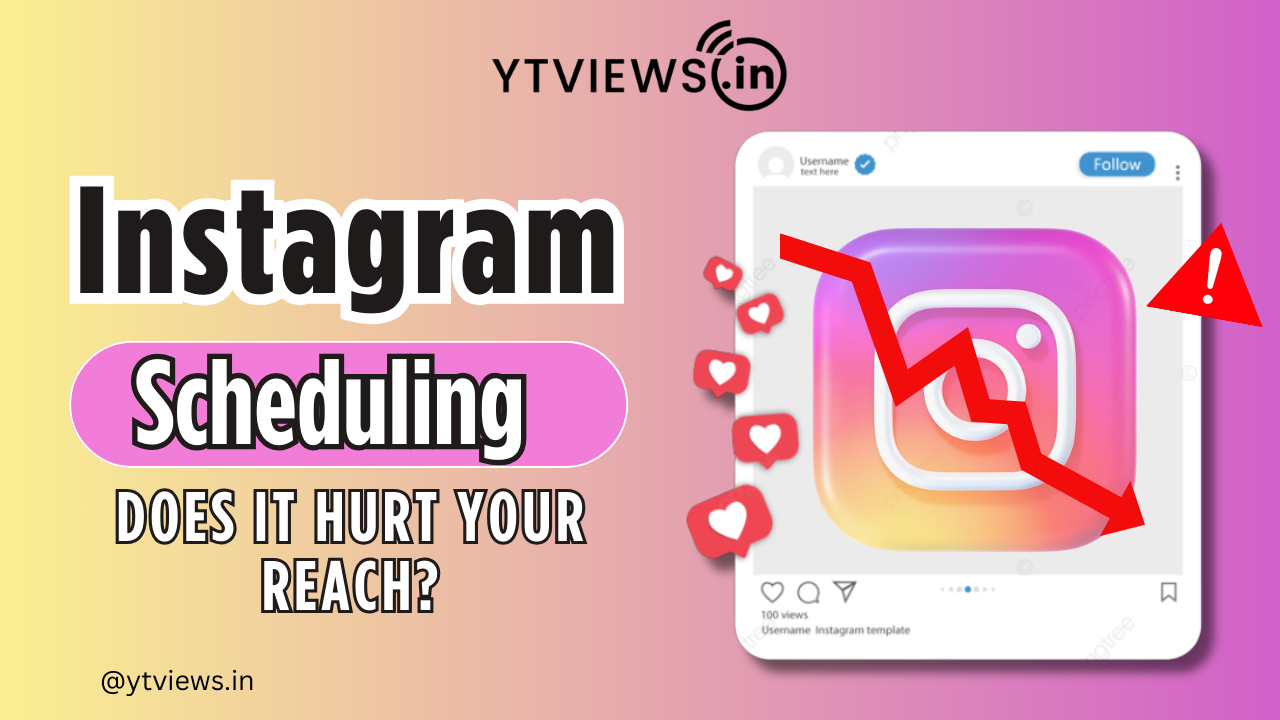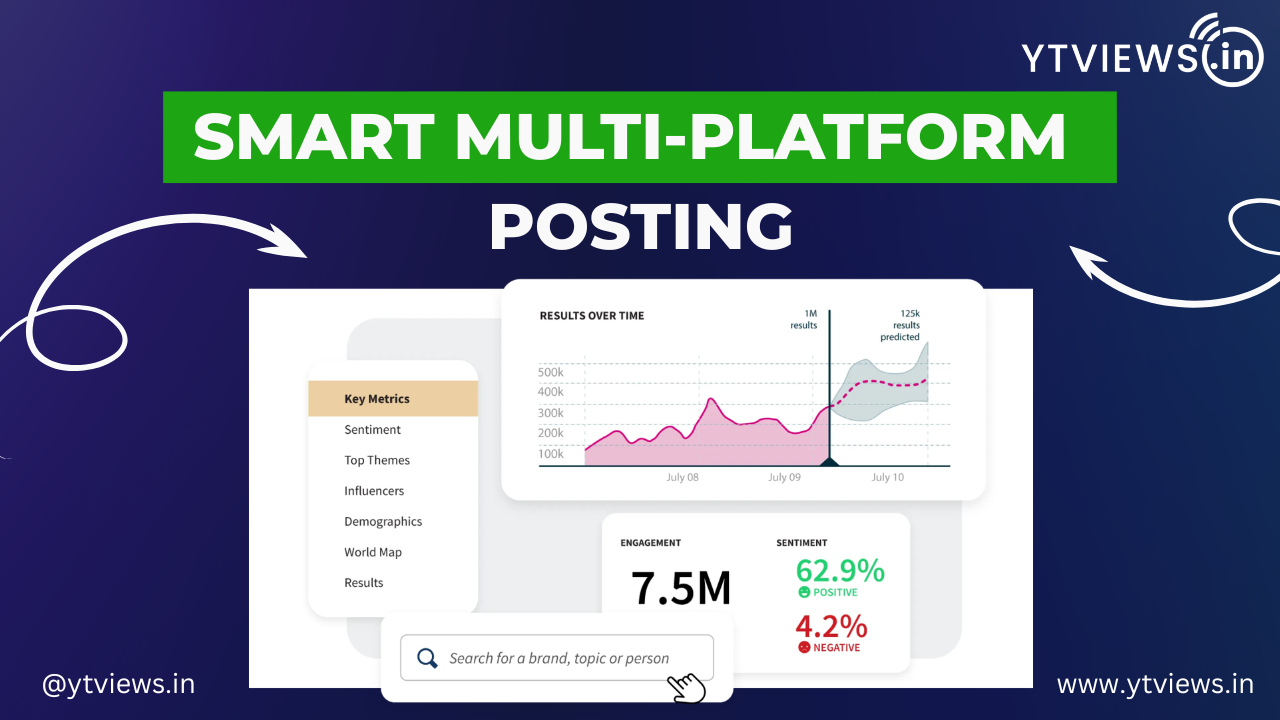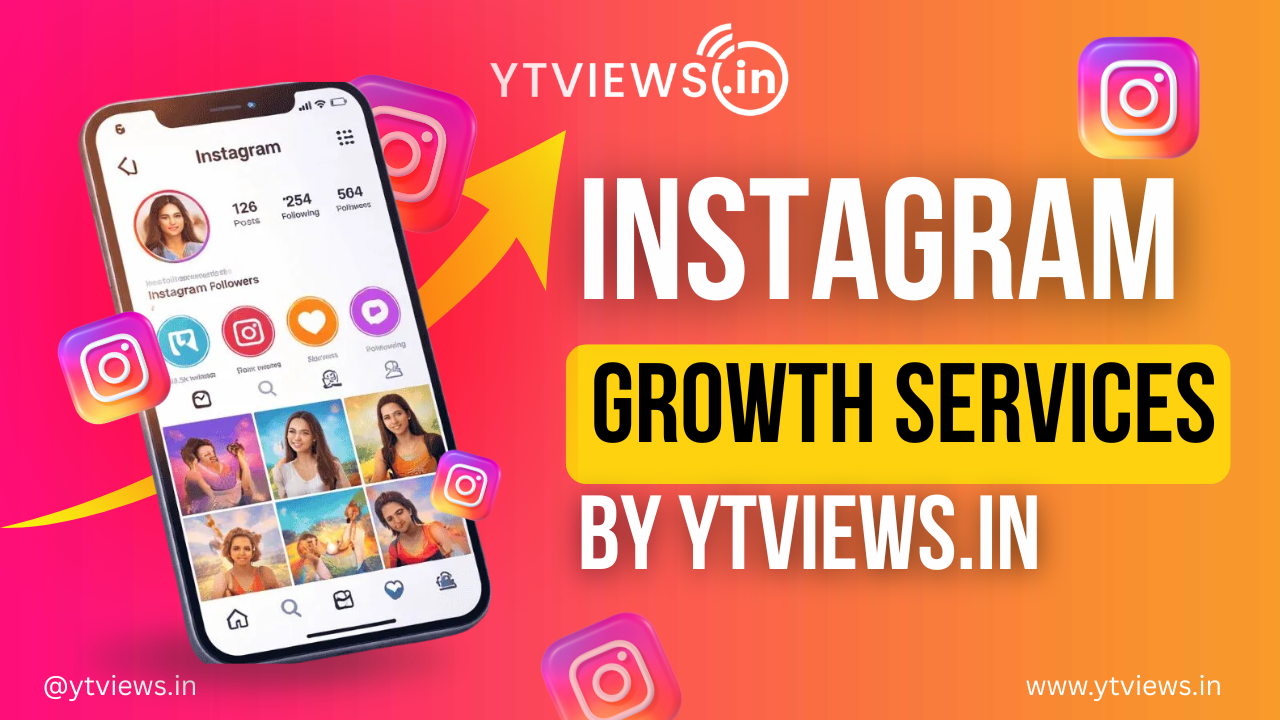Exploring Emerging Trends in Affiliate Marketing
Affiliate marketing continues to evolve rapidly as digital landscapes shift and new technologies emerge. To stay ahead, marketers need to be aware of the latest trends shaping the industry. Here’s a look at some of the most significant emerging trends in affiliate marketing
1. Performance-Based Partnerships
Performance-based partnerships are gaining traction, where affiliates are compensated based on specific actions, such as sales or leads, rather than flat fees. This trend aligns incentives for both affiliates and brands, fostering a more results-driven approach. Performance-based models ensure that marketers are rewarded for actual conversions, leading to more efficient and cost-effective campaigns.
2. Influencer Collaborations
The integration of affiliate marketing with influencer partnerships is becoming more prevalent. Influencers, particularly those with niche audiences, are leveraging affiliate links to promote products in a more personalized and authentic way. This trend allows brands to tap into the trust and engagement that influencers have with their followers, driving higher conversion rates.
3. Artificial Intelligence and Automation
Artificial intelligence (AI) and automation are transforming affiliate marketing by enhancing data analysis, optimizing campaigns, and personalizing user experiences. AI-driven tools can analyze consumer behavior, predict trends, and automate tasks such as ad placement and performance tracking. These advancements help marketers make more informed decisions and improve campaign efficiency.
4. Mobile-First Strategies
With the increasing use of mobile devices for online shopping and content consumption, affiliate marketing strategies are focusing on mobile optimization. Mobile-first strategies include optimizing affiliate links and content for mobile users, creating responsive designs, and leveraging mobile-specific ad formats. Ensuring a seamless mobile experience is crucial for capturing and converting on-the-go users.
5. Video Content and Live Streaming
Video content, including live streaming, is becoming a powerful tool in affiliate marketing. Platforms like YouTube, TikTok, and Instagram offer opportunities for affiliates to create engaging video content that showcases products, provides reviews, and shares tutorials. Live streaming, in particular, allows for real-time interactions and can drive immediate sales through affiliate links.
6. Diversification of Affiliate Channels
Affiliates are exploring a broader range of channels to reach audiences, including social media, podcasts, blogs, and niche forums. Diversifying channels helps affiliates connect with different audience segments and reduces reliance on any single platform. This trend also allows brands to reach potential customers through various touchpoints.
7. Data Privacy and Compliance
As data privacy regulations become more stringent, affiliates and brands must ensure compliance with laws such as GDPR and CCPA. Transparency in data collection practices and obtaining explicit consent from users are essential for maintaining trust and avoiding legal issues. Compliance efforts are becoming a key consideration in affiliate marketing strategies.
8. Subscription-Based Models
Subscription-based affiliate marketing is on the rise, with affiliates promoting subscription services and earning recurring commissions. This model benefits both affiliates and brands by creating a steady stream of income and fostering long-term customer relationships. Subscription-based products and services, such as software and membership sites, are particularly well-suited for this approach.
9. Personalization and Customization
Personalized marketing experiences are becoming increasingly important. Affiliates are using data to tailor their content and offers to individual preferences and behaviors. Personalized recommendations and targeted promotions enhance the relevance of affiliate marketing efforts, leading to higher engagement and conversion rates.
10. Integration with E-commerce Platforms
Affiliate marketing is becoming more integrated with e-commerce platforms, allowing for seamless tracking and management of affiliate activities. Many e-commerce platforms now offer built-in affiliate management tools, making it easier for brands to set up and manage affiliate programs, track performance, and optimize campaigns.
In conclusion, staying ahead in affiliate marketing requires adapting to emerging trends and leveraging new technologies. By focusing on performance-based partnerships, influencer collaborations, AI-driven automation, mobile optimization, and other key trends, marketers can enhance their affiliate strategies and drive greater success in an evolving digital landscape.
Related Posts

Does reach drops by scheduling a post on Instagram?

Smart Way to Manage Multi-Platform Channels and Posting

How New YouTubers Use YouTube Studio to Go Viral

Instagram Comment Services by Ytviews.in

How to Grow Your Instagram with Ytviews.in Services


































